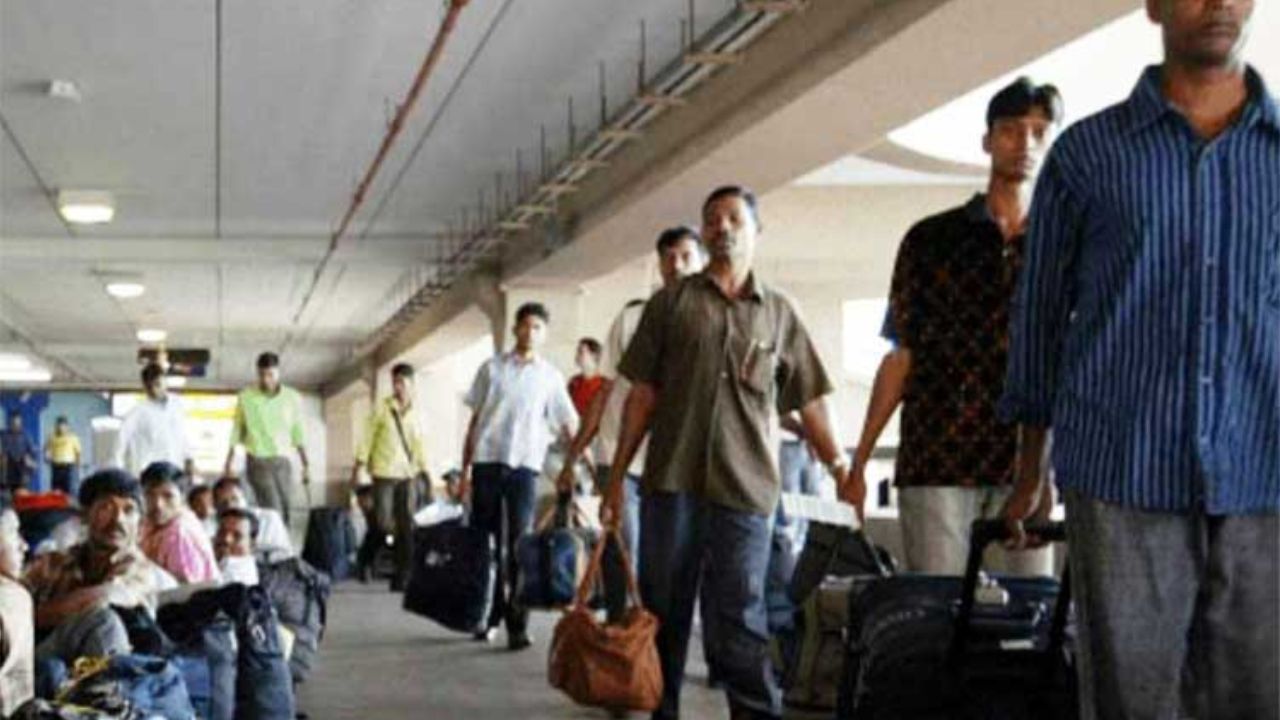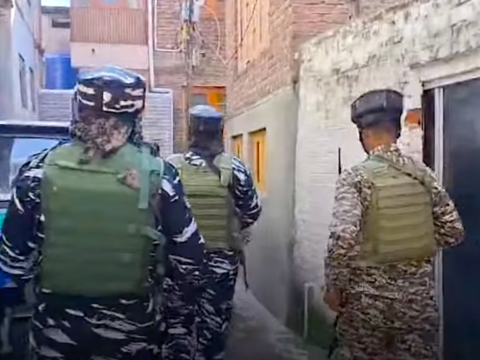DHAKA, Bangladesh (Diya TV) — At Dhaka’s international airport, amidst the jubilant reunions of families, a distinct group of travelers stands out—deportees from Saudi Arabia. These men, appearing gaunt and disoriented, arrive daily, most carrying nothing but a thin blanket from the plane, clad in tracksuits and blue rubber sandals. They share harrowing tales of exploitation and abuse, having been deported from one of the world’s wealthiest countries, Saudi Arabia, often with no means to return home.
In 2022 alone, nearly 70,000 Bangladeshi migrant workers were expelled from Saudi Arabia, primarily due to lacking a valid residence permit, known as an iqama. These workers return traumatized, impoverished, and devoid of the means to even purchase a bus ticket home.
Stories of deception and exploitation abound among these deportees. Many recount paying exorbitant fees to recruitment agents to secure jobs in Saudi Arabia, only to find themselves working without pay or in entirely different roles from what was promised. The journey from aspiration to exploitation is vividly illustrated by these accounts—Amir Hossein, for instance, paid 400,000 taka (£2,860) to reach Saudi Arabia, only to be sent back after nine months of unpaid labor.
Saudi Arabia’s reliance on low-wage laborers for ambitious projects, including the upcoming 2034 World Cup, fuels the demand for migrant workers. However, these workers’ allegations of abuse serve as a stark warning to FIFA, signaling a potential repetition of the human rights violations witnessed during the 2022 tournament in Qatar.
Bangladeshi laborers often find themselves deported due to the failure of their employers or sponsors to obtain or renew their iqama documents. Mohammed Rohmotullah, deported after three and a half years of work, recounts his employer canceling his iqama without notice, leaving him owed six months’ wages.
Even those with valid documents are not spared from deportation. Shahabuddin, despite possessing valid papers, was deported abruptly, underscoring the arbitrary nature of the process.
Amnesty International paints a grim picture of the situation for migrant workers in Saudi Arabia, highlighting rampant abuse and exploitation under the sponsorship system. The abolishment of the kafala system has not eradicated employer dominance, with workers vulnerable to arbitrary detention and deportation at their employers’ whims.
Deportees describe dire conditions in Saudi detention centers, characterized by overcrowding, inadequate hygiene, and limited access to food. Despite assertions from Saudi authorities regarding adherence to international standards, the reality experienced by these workers tells a different story.



